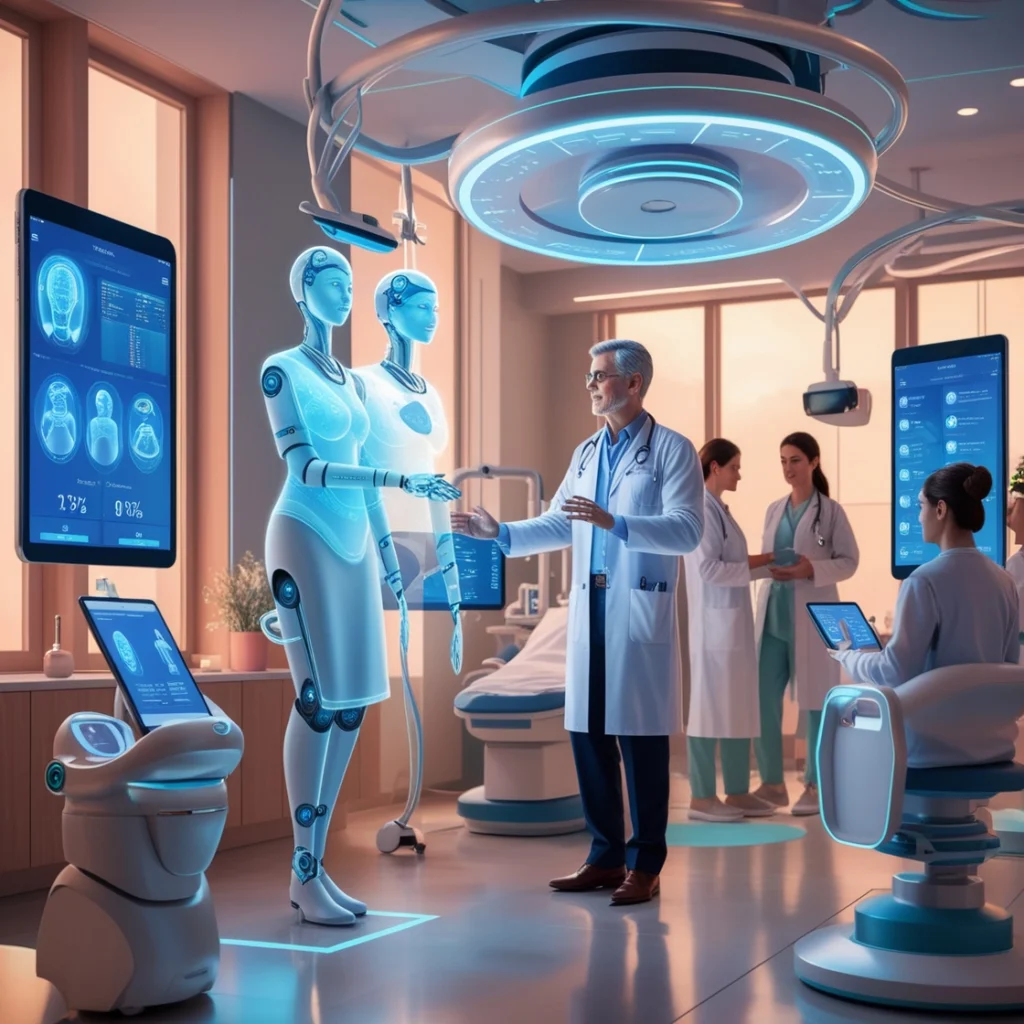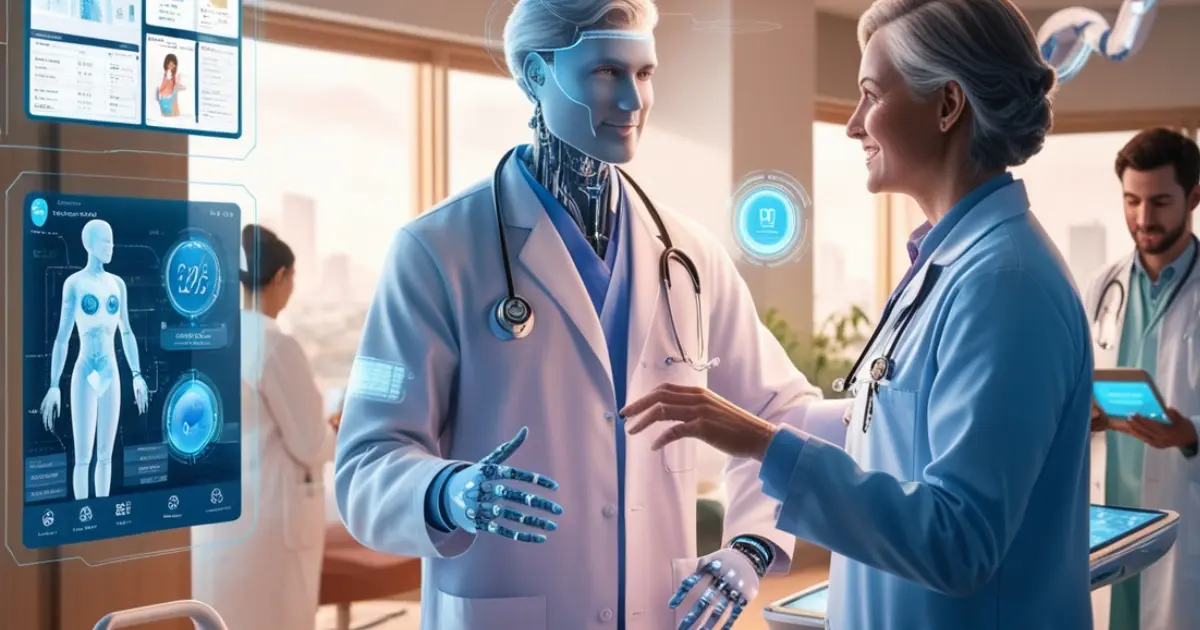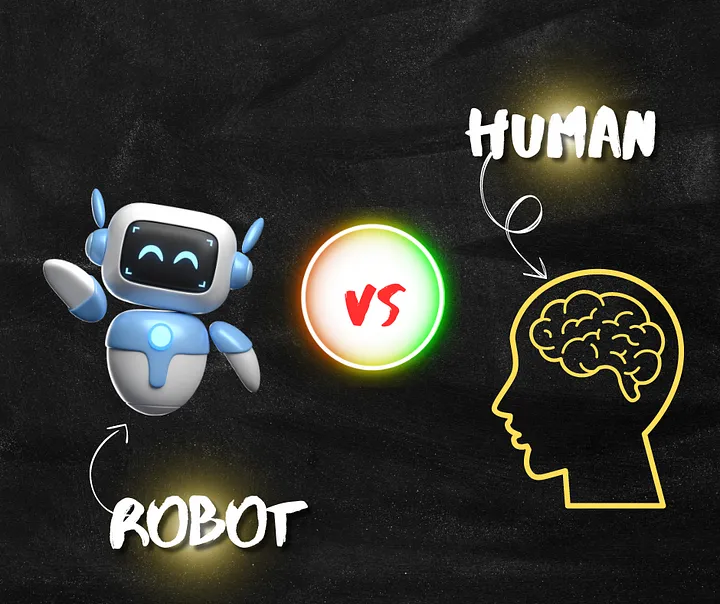Agentic Reasoning AI Doctor: Revolutionizing Healthcare with Autonomous Intelligence
Agentic Reasoning AI Doctors
The healthcare industry is on the brink of a transformative revolution, in ai agents thanks to advancements in artificial intelligence (AI). Among the most promising innovations is the Agentic Reasoning AI Doctor, a system designed to autonomously diagnose, treat, and manage patient care using advanced reasoning and decision-making capabilities. This article delves deep into the concept, exploring its features, applications, benefits, challenges, and future potential. By the end, you’ll have a comprehensive understanding of how this technology is reshaping healthcare.
What is an Agentic Reasoning AI Doctor?
An Agentic Reasoning AI Doctor is an advanced AI system that combines agentic behavior (the ability to act autonomously) with reasoning capabilities (logical analysis, pattern recognition, and problem-solving) to perform tasks traditionally handled by human doctors. Unlike rule-based AI systems, this technology can learn, adapt, and make decisions in complex, real-world medical scenarios.
Key Characteristics
- Autonomy: Acts independently without constant human oversight.
- Reasoning: Uses logical and probabilistic reasoning to analyze data and make decisions.
- Adaptability: Learns from new data and improves over time.
- Transparency: Explains its reasoning to ensure trust and accountability.
For example, an Agentic Reasoning AI Doctor could analyze a patient’s symptoms, medical history, and lab results to diagnose a condition like diabetes and recommend a personalized treatment plan—all without human intervention.
How Does an Agentic Reasoning AI Doctor Work?
The functioning of an Agentic Reasoning AI Doctor can be broken down into four key steps:
1. Data Collection
The AI system gathers data from multiple sources, including:
- Electronic Health Records (EHRs): Patient history, lab results, and past treatments.
- Wearable Devices: Real-time data like heart rate, blood pressure, and glucose levels.
- Patient Inputs: Symptoms described by the patient via chatbots or voice assistants.
2. Data Analysis and Reasoning
Using machine learning models, the AI analyzes the collected data to identify patterns and generate hypotheses. For instance, it might use a neural network to detect anomalies in an X-ray or apply natural language processing (NLP) to interpret a patient’s description of symptoms.
3. Decision-Making
Based on its analysis, the AI recommends treatments, medications, or further tests. It follows evidence-based guidelines and prioritizes patient safety. For complex cases, it can escalate the issue to a human doctor.
4. Continuous Learning
The AI system learns from new data, patient outcomes, and feedback, improving its accuracy and effectiveness over time. This is achieved through techniques like reinforcement learning.
Applications of Agentic Reasoning AI Doctors
The potential applications of this technology are vast and transformative. Here are some key areas:
1. Primary Care
- Routine Diagnoses: Handles common illnesses like colds, flu, or minor infections.
- Preventive Care: Recommends lifestyle changes to prevent chronic diseases.
2. Chronic Disease Management
- Monitoring: Tracks patients with conditions like diabetes, hypertension, or asthma.
- Personalized Treatment: Adjusts treatment plans based on real-time data.
3. Emergency Medicine
- Triage: Assists in prioritizing patients based on the severity of their condition.
- Rapid Decision-Making: Provides instant recommendations in critical situations.
4. Telemedicine
- Remote Consultations: Offers healthcare access to underserved or remote areas.
- Follow-Ups: Monitors patients post-treatment to ensure recovery.
5. Medical Research
- Data Analysis: Identifies trends and patterns in large datasets.
- Drug Discovery: Accelerates the development of new treatments.
Benefits of Agentic Reasoning AI Doctors
The integration of AI into healthcare offers numerous advantages:
1. Improved Accuracy
- Reduces human error and provides data-driven insights for better diagnoses.
2. Efficiency
- Handles repetitive tasks, freeing up human doctors to focus on complex cases.
3. Accessibility
- Makes healthcare more affordable and accessible, especially in remote areas.
4. 24/7 Availability
- Provides round-the-clock care, ensuring patients can access help whenever needed.
5. Cost-Effectiveness
- Reduces healthcare costs by optimizing resource allocation and minimizing unnecessary tests.
Challenges and Ethical Considerations
While the potential is immense, several challenges must be addressed:
1. Data Privacy
- Ensuring patient data is securely stored and used in compliance with regulations like HIPAA or GDPR.
2. Bias and Fairness
- Preventing biases in AI algorithms that could lead to unequal treatment for certain patient groups.
3. Accountability
- Determining who is responsible for errors or adverse outcomes—the AI, the developer, or the human doctor overseeing it.
4. Patient Trust
- Building trust with patients who may be hesitant to rely on AI for medical decisions.
5. Regulation
- Developing frameworks to ensure AI systems are safe, effective, and ethically deployed.
Future of Agentic Reasoning AI Doctors
The future of healthcare will likely see a hybrid model where Agentic Reasoning AI Doctors work alongside human doctors, combining the strengths of both. As AI technology advances, these systems will become more sophisticated, capable of handling increasingly complex medical tasks while maintaining a patient-centered approach.
How Agentic Reasoning AI Doctors Are Improving Chronic Disease Management

Chronic diseases like diabetes, hypertension, and asthma require ongoing care and precise management. This is where Agentic Reasoning AI Doctors shine. By leveraging advanced algorithms and real-time data analysis, these AI systems are transforming how chronic diseases are managed, making healthcare more proactive, personalized, and efficient.
1. Real-Time Monitoring and Alerts
Agentic Reasoning AI Doctors integrate with wearable devices and IoT-enabled health tools to monitor patients’ vital signs in real time. For example, a patient with diabetes can use a smart glucose monitor that sends data directly to the AI system. If blood sugar levels spike or drop dangerously, the AI doctor can immediately alert the patient and recommend corrective actions, such as adjusting insulin doses or dietary habits.
2. Personalized Treatment Plans
Every patient is unique, and so are their healthcare needs. Agentic Reasoning AI Doctors analyze a patient’s medical history, lifestyle, and genetic data to create personalized treatment plans. For instance, an AI doctor might recommend specific exercise routines, dietary changes, or medication adjustments tailored to a patient’s condition and preferences.
3. Predictive Analytics for Early Intervention
One of the most powerful features of Agentic Reasoning AI Doctors is their ability to predict potential complications before they occur. By analyzing trends in a patient’s health data, the AI can identify early warning signs of issues like heart disease or kidney failure. This allows doctors to intervene early, preventing hospitalizations and improving long-term outcomes.
4. Reducing the Burden on Healthcare Systems
Chronic diseases account for a significant portion of healthcare costs worldwide. Agentic Reasoning AI Doctors help reduce this burden by automating routine tasks, such as data analysis and patient monitoring. This frees up human doctors to focus on complex cases, improving overall efficiency and reducing wait times for patients.
5. Empowering Patients
With Agentic Reasoning AI Doctors, patients gain more control over their health. The AI provides easy-to-understand insights and recommendations, helping patients make informed decisions about their care. For example, a patient with hypertension can receive daily tips on managing blood pressure, along with reminders to take medication or schedule check-ups.
Why This Matters
The integration of Agentic Reasoning AI Doctors into chronic disease management is not just a technological advancement—it’s a lifeline for millions of patients worldwide. By providing real-time monitoring, personalized care, and predictive insights, these AI systems are improving quality of life and reducing healthcare costs.
Ready to explore how AI is reshaping chronic disease management? Dive deeper into the future of healthcare with Agentic Reasoning AI Doctors.
- “To learn more about how AI is transforming healthcare, check out our article on How Agentic Reasoning AI Doctors Are Revolutionizing Autonomous Healthcare.”
- “Discover the role of AI in telemedicine in our guide The Future of Telemedicine and AI
Example: HTML Code for an AI Doctor Interface
Agentic Reasoning AI Doctor
Results:
Conclusion
The Agentic Reasoning AI Doctor represents a transformative step in healthcare, offering the potential to improve accuracy, efficiency, and accessibility. While challenges remain, the integration of AI into medicine promises to revolutionize how we diagnose, treat, and manage health conditions. The future of healthcare is not just human or AI—it’s a collaboration between the two. 🚀👩⚕️🤖


